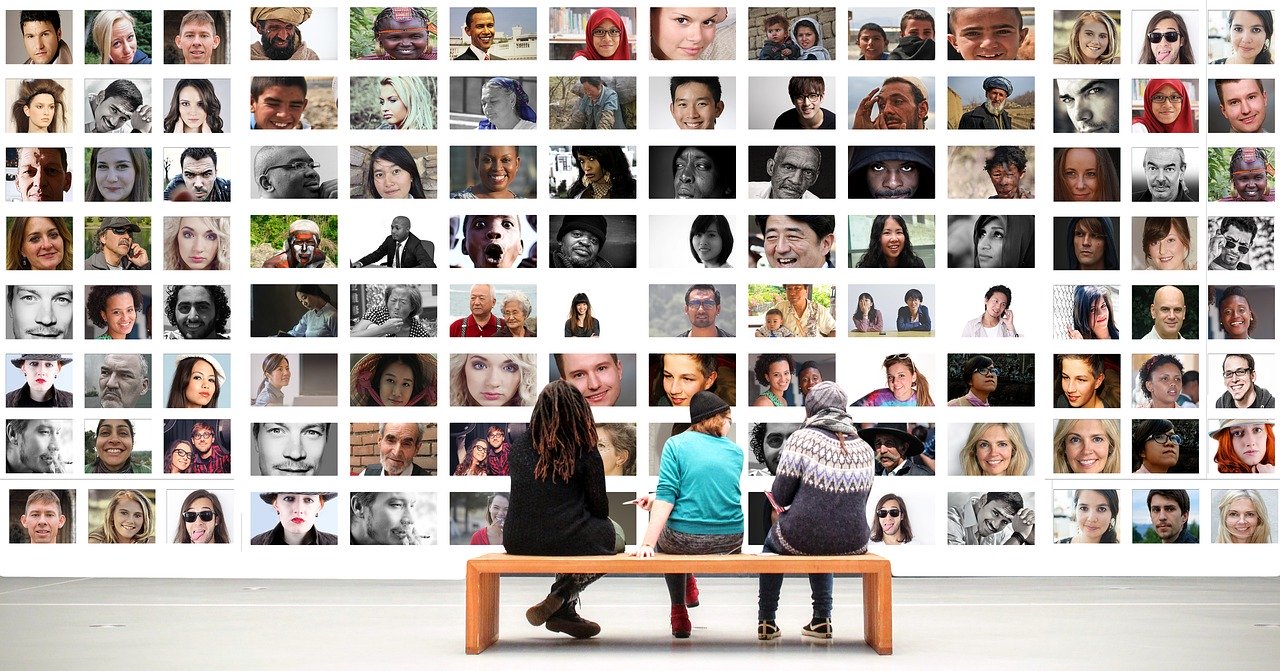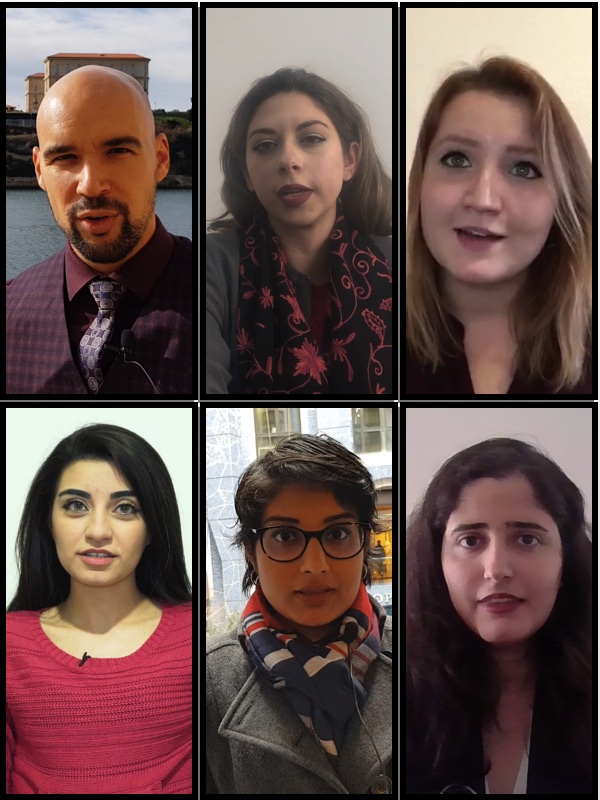The coronavirus crisis threatens our health and, as a result, it also hurts our societies and our economies. But it offers us an opportunity to rethink our priorities and systems, to make them sustainable, inclusive, in line with the SDGs.
FEMISE contacted its researchers and partners but also young people from the Mediterranean, to remind everyone why investing in Health should be a priority. Protecting vulnerable populations who do not have access to medical care, ensuring better access to health information in countries where internet access remains limited, supporting the work done by women in the health sector, betting on education and human capital…
The Mediterraneans mobilized by FEMISE share their views in the above video.
with : Constantin Tsakas, Mohammad Abu-Zaineh, Leila Berrada Mnimene, Mariam Fadel, Raphaël Colombier, Karine Moukaddem, Myriam Ben Saad, Jamal Bouoiyour




 In their final statements, all actors converge towards a single conclusion : that it is up to all of us to act and make sure leaders, businesses and communities in the region truly fulfill their role for social justice.
In their final statements, all actors converge towards a single conclusion : that it is up to all of us to act and make sure leaders, businesses and communities in the region truly fulfill their role for social justice.